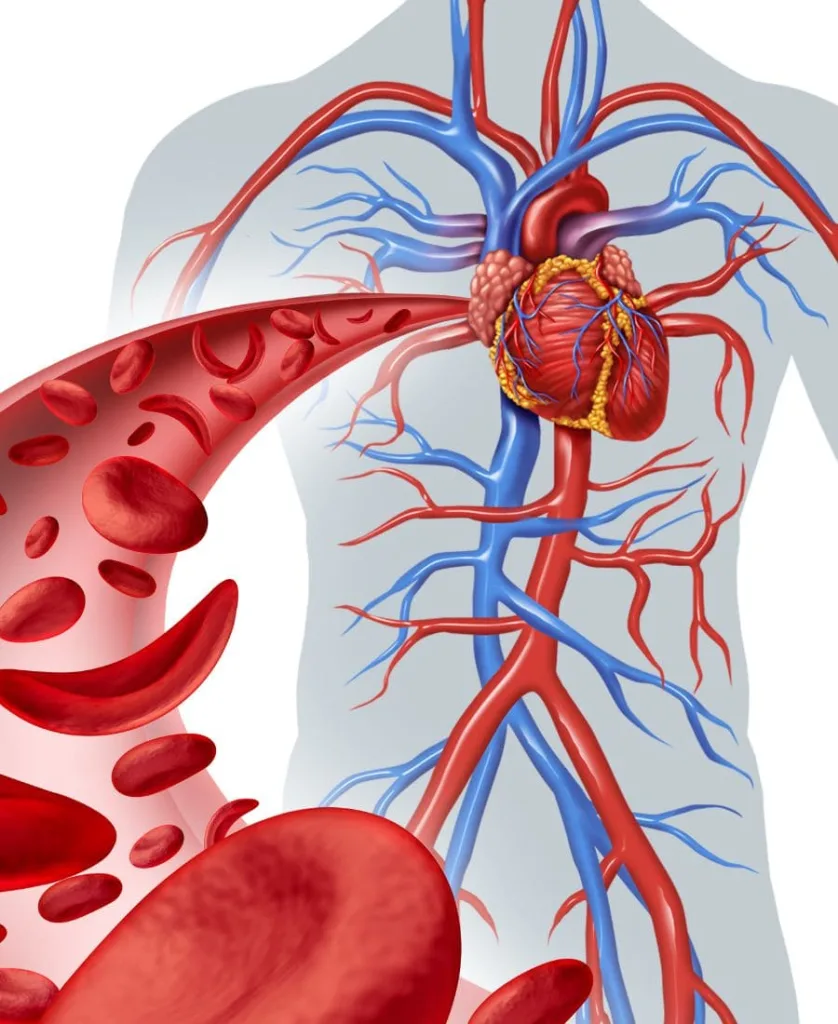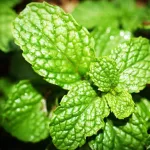High blood pressure, medically termed hypertension, occurs when the force exerted by blood against the walls of the arteries remains high over time. It’s a physical condition that can be influenced by diet, lifestyle, and genetics.
However, there is a belief in various spiritual and holistic traditions that physical ailments, including high blood pressure, can be manifestations of emotional and energetic imbalances within the body.
In these traditions, the body is seen as a reflection of the deeper aspects of the self, including the spiritual.
From a spiritual perspective, emotions such as anger, stress, and anxiety are often linked to the rise in blood pressure.
The belief is that internalized emotions can create a metaphorical ‘pressure’ within the body, much like the psychological pressures experienced in life can impact one’s emotions.
Exploring these connections, spiritual practitioners suggest that addressing emotional health and spiritual well-being might contribute to better physical health.
They propose that understanding the emotional and spiritual roots of high blood pressure can lead to holistic healing practices.
Spirituality often interprets the body’s messages as signs to pay attention to one’s inner life and emotional landscape.
For those who endorse a spiritual viewpoint, high blood pressure might symbolize the need to slow down, reassess life’s pressures, and foster a greater sense of inner peace.
This approach does not negate the importance of traditional medical treatment but rather complements it by emphasizing the potential influence of emotional and spiritual states on overall health.
Read too: Black Heart Spiritual Meaning: 9 Warnings For You
Spiritual and Emotional Insights on Hypertension

Exploring the non-physical aspects of high blood pressure, one can find connections between hypertension and various spiritual and emotional states, including reactions to stress, emotional balance, and energetic blockages.
Understanding the Spiritual Meaning
In many spiritual traditions, high blood pressure is seen as a manifestation of excess energy or life force exerting pressure on the body’s physical boundaries.
It’s often interpreted as a signal for an individual to look at areas in their life where they may be experiencing:
- Overwhelm or overexertion: An energetic call to slow down and reassess life’s demands.
- Suppressed emotions: Especially anger or frustration, which can metaphorically “boil” in the bloodstream.
If you are enjoying reading this, you will definitely enjoy reading Spiritual Meaning Of Ankle Bracelets (Answered)
Emotions and High Blood Pressure
Emotions directly influence physiological responses. Strong emotions such as anger, fear, anxiety, and frustration are linked to the sympathetic nervous system, which can lead to increased heart rate and constricted blood vessels, raising blood pressure.
Emotional imbalances may manifest as:
- Short-term spikes in blood pressure due to immediate stressors.
- Long-term hypertension as a result of chronic unresolved emotional distress.
The Role of Stress
Stress is a critical component in the development and maintenance of hypertension. It’s not just the presence of stress but how one copes with it that matters.
Spiritual coping mechanisms, such as mindfulness and meditation, can help mitigate stress responses by:
- Promoting relaxation and reducing heart rate and blood pressure.
- Offering a reflective space for individuals to process and release emotional tension.
Before you leave, read 9 Spiritual Meanings Of Hawk Feather (Angelical Messages)
Lifestyle and Spiritual Practices

In managing high blood pressure, one’s lifestyle choices and spiritual practices can play a significant role.
Proper diet and nutrition, along with consistent spiritual practices, can contribute to inner harmony and balance, potentially influencing blood pressure levels.
Diet and Nutrition
A balanced diet is crucial for managing high blood pressure. It is recommended to reduce salt intake as it can cause the body to retain water, increasing blood pressure.
Foods to include:
- Fresh fruits and vegetables: rich in blood pressure-regulating nutrients
- Whole grains: a source of dietary fiber
- Lean proteins: for overall health and weight management
Foods to avoid:
- High-sodium snacks
- Processed foods
- Fatty and fried items
Spiritual Practices and Inner Harmony
Spiritual practices may contribute to better health outcomes, including blood pressure management.
These practices, such as prayer or participation in a spiritual community, can offer stress relief and emotional balance.
Activities:
- Engaging in regular self-reflection
- Incorporating gratitude and mindfulness into daily routines
Benefits:
- Reduces stress, which can lower blood pressure
- Enhances self-care, promoting overall well-being
Meditation and Yoga for Balance
Meditation and yoga are known for their calming effects on the mind and body, and they have been shown to help maintain blood pressure.
- Meditation: Fosters relaxation and stress reduction, key factors in managing hypertension.
- Yoga: Combines physical postures, breathing exercises, and meditation, contributing to physical and emotional balance.
Routine Practice:
- Practicing yoga 2-3 times a week
- Daily meditation sessions of 10-20 minutes
These lifestyle and spiritual practices are intended to supplement traditional blood pressure management and are not replacements for professional medical advice or treatment.








